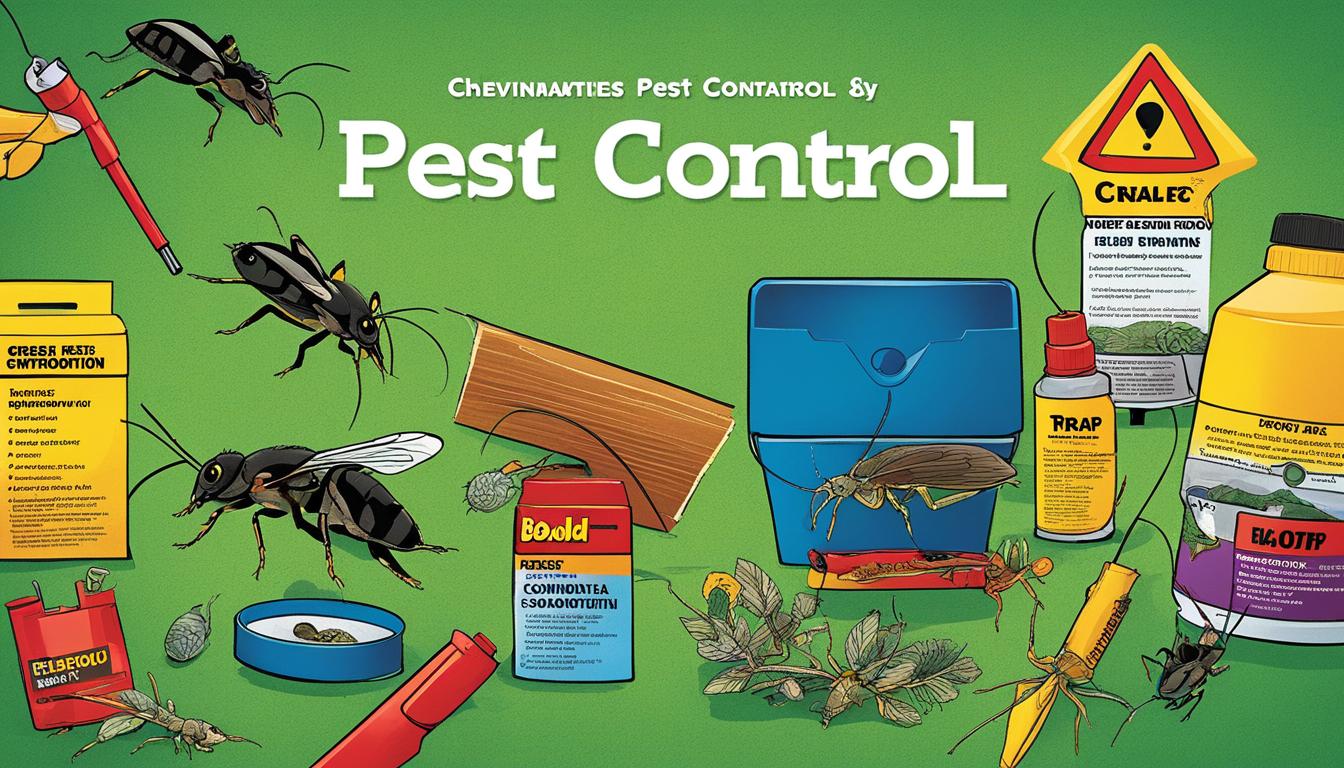Pest Control for Beginners
Pest Control for Beginners
Blog Article
6 Simple Techniques For Pest Control
Table of Contents3 Easy Facts About Pest Control ExplainedThe 6-Minute Rule for Pest ControlSome Known Factual Statements About Pest Control Some Known Details About Pest Control The 2-Minute Rule for Pest Control
Limitations of Chemical Administration Be able to assess parasite problems, figure out if administration is necessary, and make ideal referrals making use of IPM methods. Be familiar with various techniques of insect monitoring - their advantages and restrictions.This chapter talks about (IPM), a strategy that uses understanding regarding parasites and their, practices, nonchemical methods, and chemicals to take care of bug issues. Added info about IPM for specific plants is consisted of in phases that focus on those plants. Nonchemical insect control measures are emphasized in phase 17, "Organic Horticulture." Managing birds and animals is covered in phase 20, "Wildlife." Taking care of in the backyard and garden is covered in chapter 6, "Weeds." Parasites in a garden or landscape may consist of pests and mites, weeds,, mammals, and birds.
Bugs and weeds, nevertheless, play a duty in the. After planting a garden or establishing a yard, the all-natural procedure of plant sequence begins to reestablish and nonnative plants.
What we call "bugs" are component of a natural system at job. Just humans take into consideration certain varieties bugs when they happen where they are not desired.
A Biased View of Pest Control
Pests susceptible to a chemical were swiftly killed, leaving immune ones to reproduce and multiply. It ended up being clear that pesticides alone would not fix all parasite issues. Instead, overuse of chemicals caused the growth of resistant parasites. Researchers began to develop a new method to pest control. This new technique was called integrated bug administration (IPM).
An IPM plan permits some level of bugs in the setting. Bugs are a lot less likely to survive a program that uses several techniques of decreasing their populaces. Integrated insect administration was first recommended by entomologists because insects were the initial team of parasites to confirm tough to handle with chemicals alone.
A limit is the factor at which action need to be taken. IPM has expanded past bugs to monitoring of all pest populaces: weeds, illness microorganisms, and animals.
Some Ideas on Pest Control You Need To Know
Monitoring instead than elimination of insects is the objective. An IPM plan begins with a mindful assessment of each parasite invasion. Only then can one choose about the appropriate techniques needed to subdue bug tasks. The life process of the parasite, feasible damages, all-natural enemies, and effects of weather, to name a few variables, pop over to this site are considered prior to a control plan is carried out - Pest Control.
Clover growing in a yard might be considered as an unwanted weed, but as a bean it is manufacturing nitrogen for the soil and the flowers are giving nectar to honey and various other. Tolerance for some weeds might belong to an IPM strategy. may be consuming the leaves of a plant, yet when they are determined as the larvae of Eastern tiger swallowtail butterflies, their damage might be tolerated so we can enjoy the gorgeous butterfly.

The 2nd essential device in pest administration is very early intervention. Existing and watchful in the garden makes sure early discovery. Responding to troubles swiftly, before they have time to increase, calls for a less dramatic intervention. The third essential device is recordkeeping; tracking what occurs in the yard enables a gardener to acknowledge patterns and make informed choices.
What Does Pest Control Do?
Many secure, functional, nonchemical techniques of plant security and parasite monitoring may minimize or get rid of the click to find out more requirement to spray. Other methods are most advantageous when made use of with pesticides. To execute monitoring methods properly and to decrease losses, garden enthusiasts need to recognize the types of parasites that assault plants and understand pest biology.

Conducting a soil test and using only the recommended quantity of fertilizer and lime takes full advantage of the benefit to the plant while lessening problems connected to extreme usage of plant food - Pest Control. Treatment the dirt with several inches of compost safeguards the plant in numerous methods: reducing soil water loss to dissipation, reducing weed competition, supplying nutrients, and producing an appropriate setting for earthworms and bacteria that keep the dirt loose for roots and break down natural material to release nutrients
If mulch touches the trunk, it can produce a means for voles, germs, and fungi to strike the plant. Do not use manure or garden compost that has not completely disintegrated as a leading dressing due More hints to the fact that it can urge unfavorable parasites. Research recommends that farming is harmful to soil structure.
The smart Trick of Pest Control That Nobody is Talking About
If tilling is deemed needed, consider doing it in the loss when the life cycles of several insects brings them near the surface area. At the surface, pests end up being exposed to the climate as well as birds and various other natural enemies.
Report this page